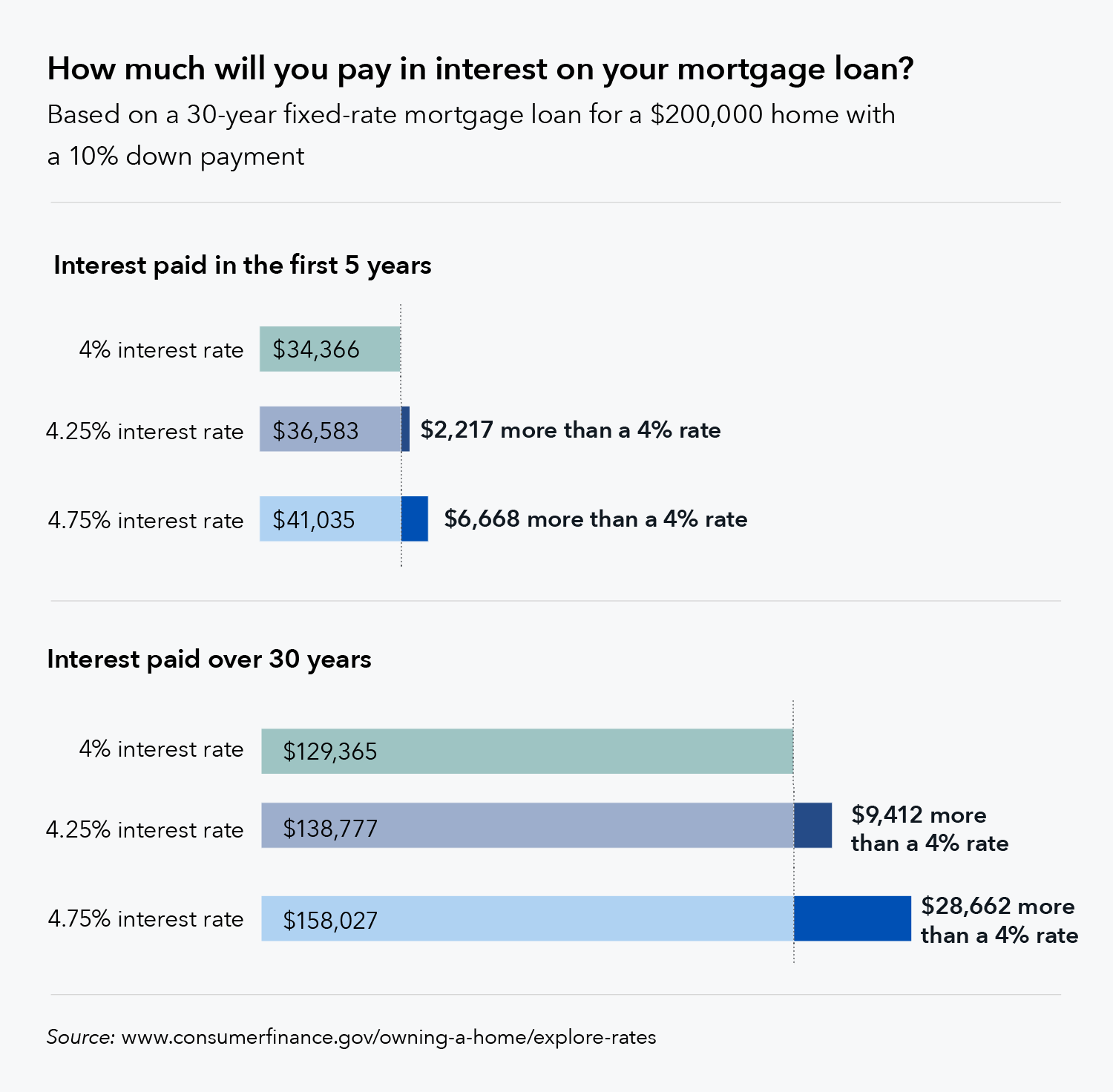If there is no equity in the house, then I would assume she would permit them to take the home if you or any other beneficiaries do not desire to keep the house at a payoff of. They would arrange to take the home either by Deed in Lieu or through foreclosure however Deed in Lieu is far better for the lending institution as well.
We have seen customers who borrowed more in 2005 2007 than their homes are still worth today. That does not make the loan a bad loan those customers received more money than their house is presently worth and were enabled to reside in their houses for 7 9 years without having to make a single payment and now that the loan is greater than the present worth of the house, they are not required to pay one cent over the current value towards the reward of the loan.
Much of them paid interest on loans that were well above the current value of the homes when the worths dropped and some paid until they might not pay any longer and then they had no home to reside in any longer and no money to start over. Your mom was guaranteed a home to reside in for as long as she wanted/could and didn't need to pay any monthly payments for the whole time she lived there (simply her taxes and insurance) (what do i do to check in on reverse mortgages).
Your mom has made no payments on her loan for the last 9 years. Please forgive me; I am not insensitive to your mama's situation (percentage of applicants who are denied mortgages by income level and race). It simply was not the reverse home loan's fault that the whole economy broke down which home values plummeted. I think I simply look at it a different way, thank goodness mom had a reverse home mortgage and not a forward home mortgage that may have required her to lose the house previously without the securities that she has actually had.
She can leave at her leisure (another advantage of the reverse home loan) and after that as soon as she is out and you have actually moved all of her valuables if none of the other relative want the house, simply call the servicer and tell them she is out. They will transfer to take the property back and you won't even need the help of https://blogfreely.net/marrenfd7t/a-reverse-home-mortgage-can-complicate-matters-if-you-leave-your-house-to-your an attorney. how much is mortgage tax in nyc for mortgages over 500000:oo.
The Only Guide to How Is Mortgages Priority Determined By Recording
A "non-borrower" is an individual who lives in the home however whose name is not on the loan documents. Typically, the non-borrower should move when the borrower passes away unless HUD standards certify them to remain. A "co-borrower" is a person whose name is on the loan documents together with the property owner (applicant).
The sharp recession in the real estate market has impacted millions of Americans, and elders are among the groups most impacted. This is particularly real of seniors who have so-called "reverse mortgages." This kind of home loan can possibly be an excellent way for individuals over the age of 62 to hilton timeshare las vegas get cash out of their homes.
Reverse mortgages are not brand-new. However older homeowners are progressively turning to them to improve their scenarios later in life, specifically during a down economy. These kinds of home loans, also called Home Equity Conversion Home Loans (HECMs), enable individuals to withdraw some of their home's equity and get it as a swelling sum, in month-to-month payments, as a line of credit or a mix of these choices.

Homeowners eligible for reverse home loans should be at least 62 years of ages and have to own the home or have a very little exceptional home loan. The home needs to be their primary residence and homeowners need to be devoid of any defaults on federal financial obligations. Homeowners need to likewise go to an educational session about reverse mortgages before submitting any HECM loan applications.
Due to the fact that of a rash of lender foreclosures on generally senior homeowners holding reverse home loans, the AARP Foundation sued the Department of Housing and Urban Advancement (HUD), challenging a rule that had the impact of contributing to foreclosures. The guideline needed a successor to pay the complete home loan balance to remain in the home after the customer's death, even if the quantity was more than the market worth of the residential or commercial property.
Not known Facts About How Do Mortgages Work With Married Couples Varying Credit Score
Reverse mortgages can be pricey and complicated for elderly house owners, as they stand out from conventional home loans. Likewise, a reverse home mortgage can in some cases diminish all of the equity in the homes if the property owners extend the reverse home mortgage over too long of a period. This frequently arises where the homeowner takes a reverse home loan on a presumption of life span, however endures well past the expected death date.
This has actually been specifically true for newly widowed property owners, and some beneficiaries of borrowers, because of lending institution compliance with an odd HUD rule that was instituted in 2008. Prior to the rule modification in 2008, HUD had followed a policy that customers and their beneficiaries would not owe more than a house's value at the time of repayment.
The 2008 rule stated that enduring spouses, in order to keep their homes, needed to settle the reverse mortgage balance quickly after the deaths of their partners. This held true regardless of whether the enduring partner's name was on the loan, and no matter the house's then-current worth.

That scenario, and the associated HUD rule, is what prompted AARP to sue HUD. AARP officially challenged HUD's action in altering this rule, arguing that it was done arbitrarily by letter, instead of through the needed administrative treatment. The match even more alleged that HUD's rule change breached defenses formerly enabled widowed partners to avoid foreclosure.
AARP hoped this would avoid more illegal foreclosures from reverse mortgages due at the time of a customer's death. In April 2011, HUD rescinded the 2008 rule that needed making it through spouses not named on the home's title to pay the complete loan amount to keep their houses. The ramifications of this change are not yet fully clear.
How A Simple Loan Works For Mortgages - Truths
But it is necessary to talk with a skilled real estate attorney to know where you stand. Reverse mortgages need to offer older homeowners more financial liberty, but when they fail this function, they can regrettably leave elderly people both homeless and powerless. Senior Twin Cities homeowners thinking about participating in a reverse home mortgage arrangement must seek advice from skilled Minnesota property attorneys like Burns & Hansen, P.A. who issues ptd's and ptf's mortgages.
In addition, if you currently have a reverse home mortgage on your home, you should discuss your circumstance with a legal representative experienced in these types of mortgages to make sure you and your spouse are protected if one you passes away or if your home loses equity since of the recession of the realty market.
A reverse mortgage is a way for house owners ages 62 and older to utilize the equity in their house. With getting out of timeshare a reverse mortgage, a house owner who owns their home outright or at least has significant equity to draw from can withdraw a portion of their equity without needing to repay it up until they leave the house.